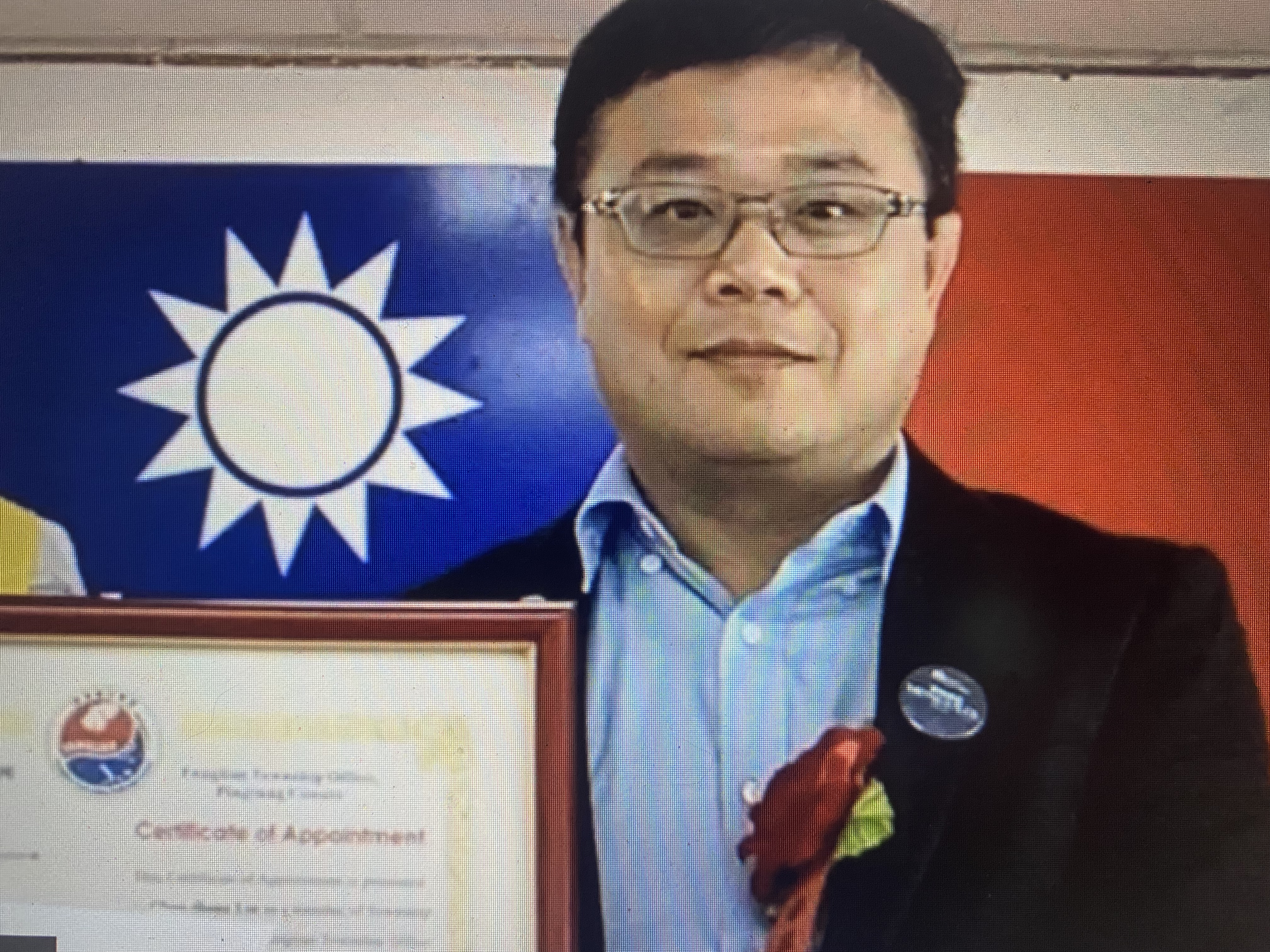China is preventing Taiwanese from leaving with exit bans
 China is refusing to allow a Taiwanese businessman, who attended pro-democracy protests in Hong Kong, to leave the country even though he was freed from prison last year.
China is refusing to allow a Taiwanese businessman, who attended pro-democracy protests in Hong Kong, to leave the country even though he was freed from prison last year.
An article in Taiwanese newspaper The Liberty Times said Beijing has imposed an exit ban on Morrison Lee because in addition to 22-months in jail, he was also sentenced to two years deprivation of political rights on charges of spying. According to the newspaper, Lee should be allowed to leave in 2023.
Lee disappeared in August 2019 from Shenzhen in southern China shortly after he had taken part in anti-extradition protests in Hong Kong. He was held under China’s secret jail system, Residential Surveillance at a Designated Location (RSDL), and later appeared as one of several Taiwanese giving forced confessions on state television broadcaster CCTV. Lee was tried in secret, accused of espionage, based on photos he took of military drills in Shenzhen. However better quality photo and video of the same scene were also published on Chinese media, indicating that his prosecution was politically-motivated.
Lee’s case has attracted media attention because another Taiwanese activist, Lee Ming-che, was recently allowed to return home to Taiwan after finishing his five-year prison term even though he was also sentenced to two years deprivation of political rights. Indeed, in the weeks leading up to his release, human rights groups were worried that China would weaponize the deprivation of political rights to prevent him from coming home.
The two Lees are not the only ones. In 2020, China said it captured over 100 Taiwanese spies and although there are doubts about that claim, human rights groups are aware of at least three other Taiwanese -- Shih Cheng-ping, Tsai Chin-shu and Cheng Yu-chin -- who were also jailed in China on spying charges.
According to the Exit and Entry Administration Law of the People’s Republic of China (Article 12-2), Chinese nationals (Taiwanese are regarded as nationals under Chinese law), sentenced to criminal punishment are banned from leaving the country if the punishment has not been completed.
However, deprivation of political rights according to China’s Criminal Law (Article 54), is not associated with limiting freedom of movement. Rather is defined as “The right to elect and the right to be elected; the right to freedom of speech, of the press, of assembly, of association, of procession, and of demonstration; the right to hold a position in state organs; and the right to hold a leading position in a state-owned company, enterprise, or institution or people's organization.”
By not allowing Morrison Lee to leave, Beijing is also violating the International Covenant on Civil and Political Rights (ICCPR), which it signed in 1998, although not yet ratified. Article 12-2 says: “Everyone shall be free to leave any country, including his own.”
Safeguard Defenders urges China to respect its own laws and international rights norms and allow Morrison Lee, who has served his time, to go home and reunite with his family.
China also manipulates deprivation of political rights to prevent Chinese rights defenders from freely going home after release from jail, instead subjecting them to weeks, months, even years of continued illegal detention under house arrest or confinement at a hotel or facility in a phenomenon called “Non-Release Release”.
China’s weaponization of exit bans is the topic of a forthcoming Safeguard Defenders report that will reveal the full scope of Beijing’s rights abuse targeting not only Taiwanese but Chinese and foreigners involved in civil disputes and corruption cases.